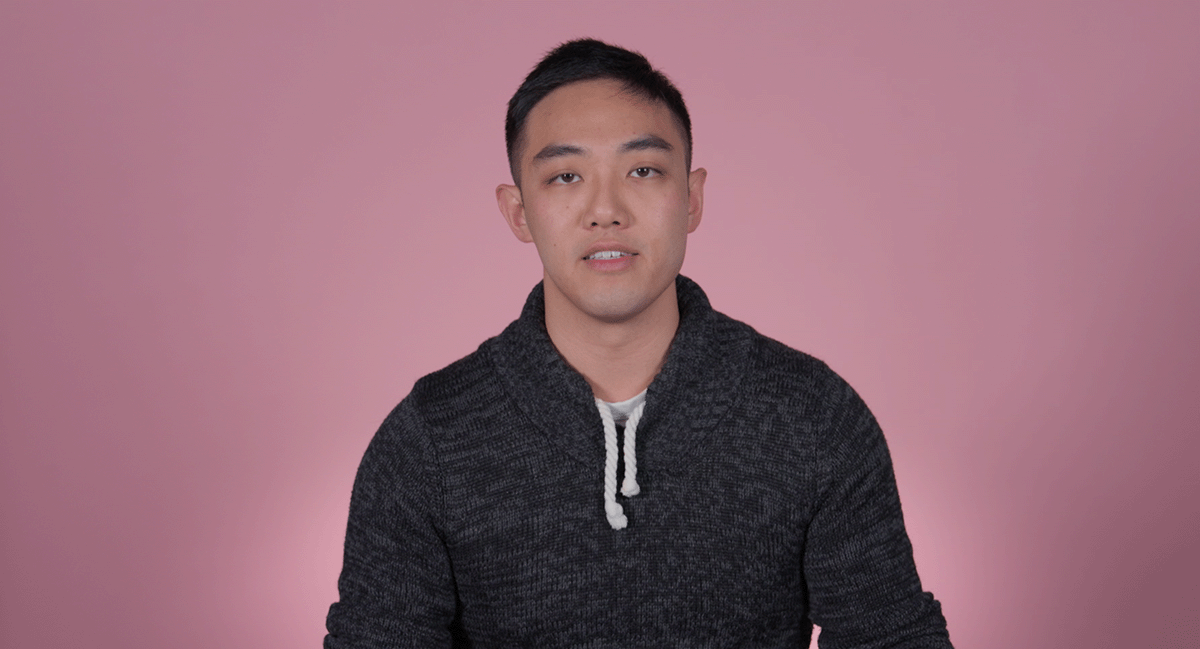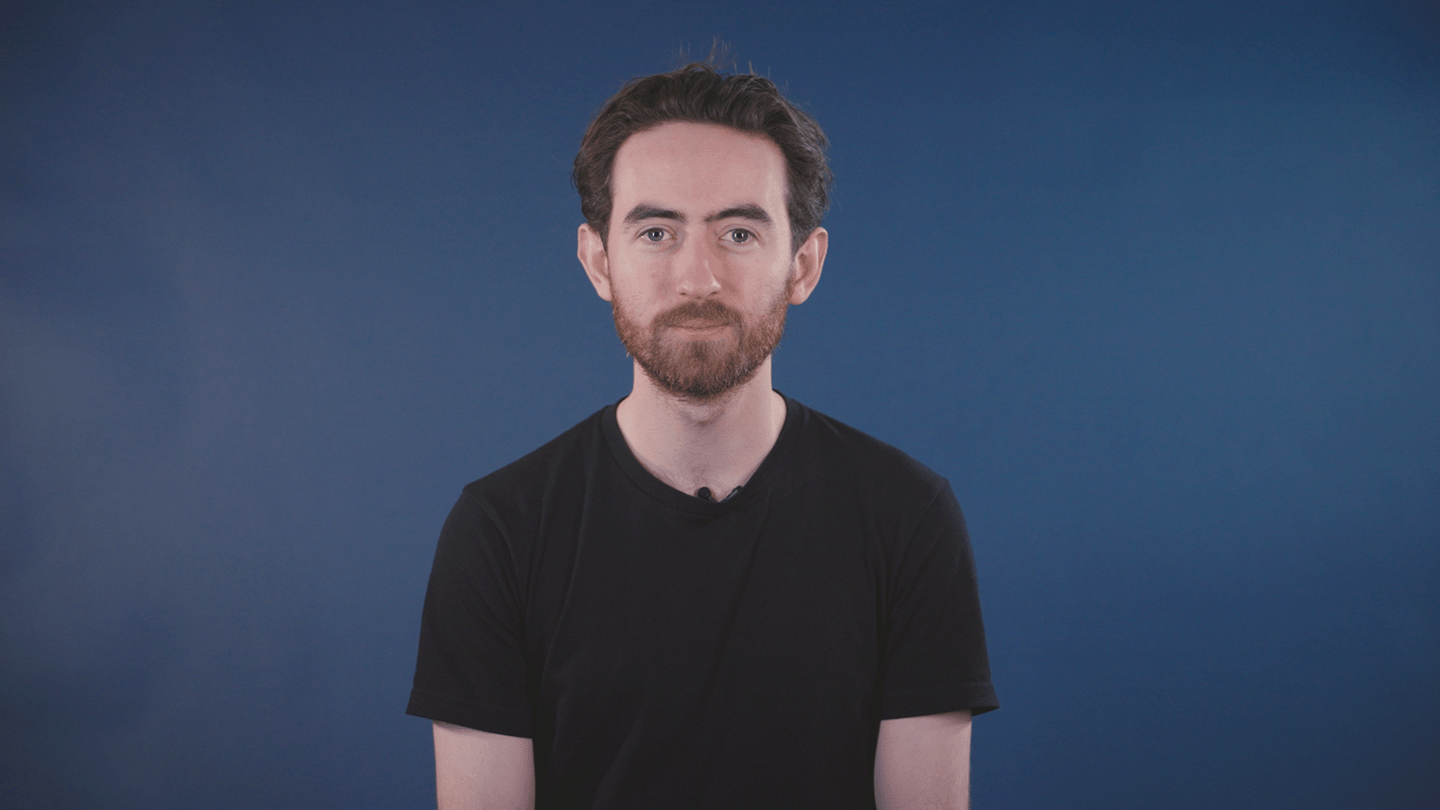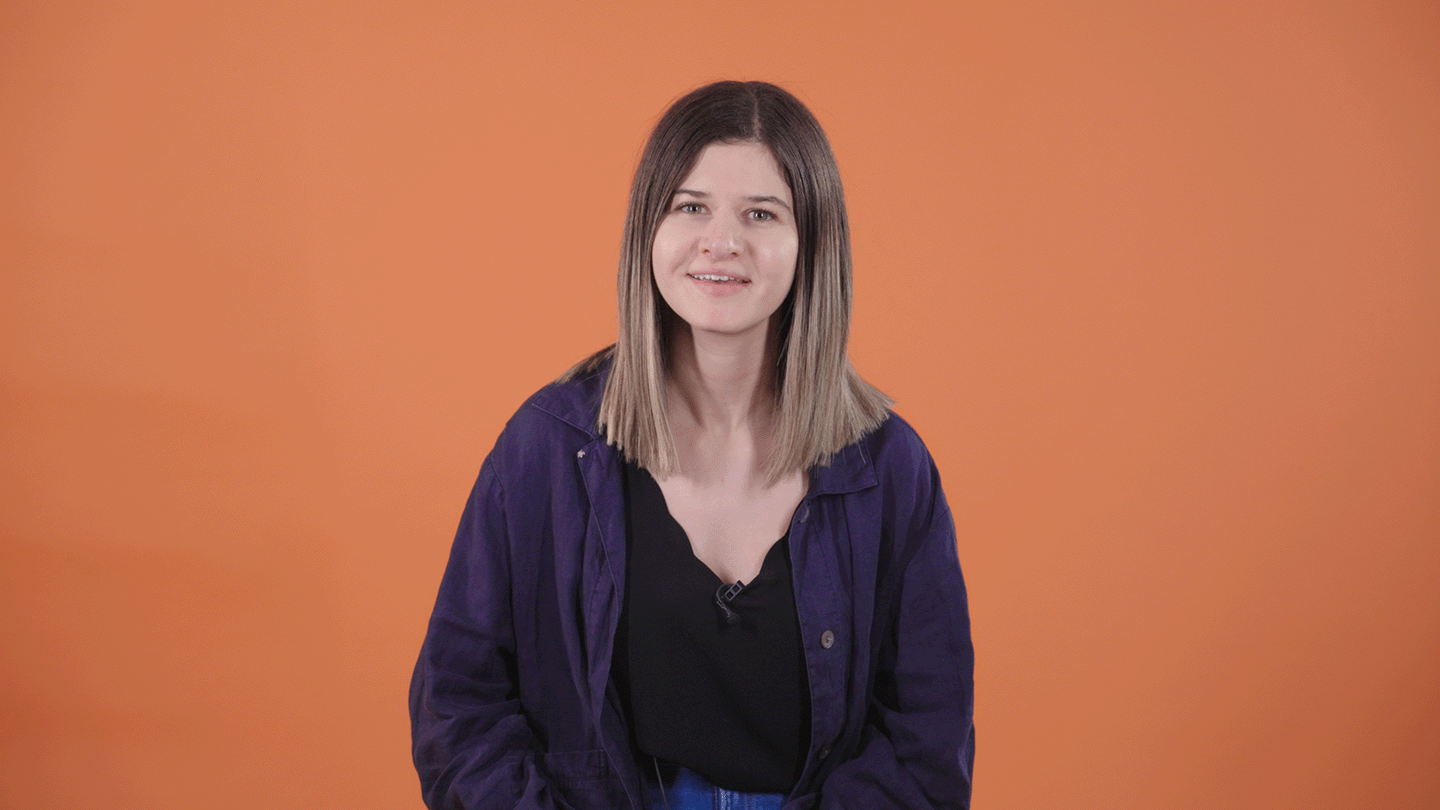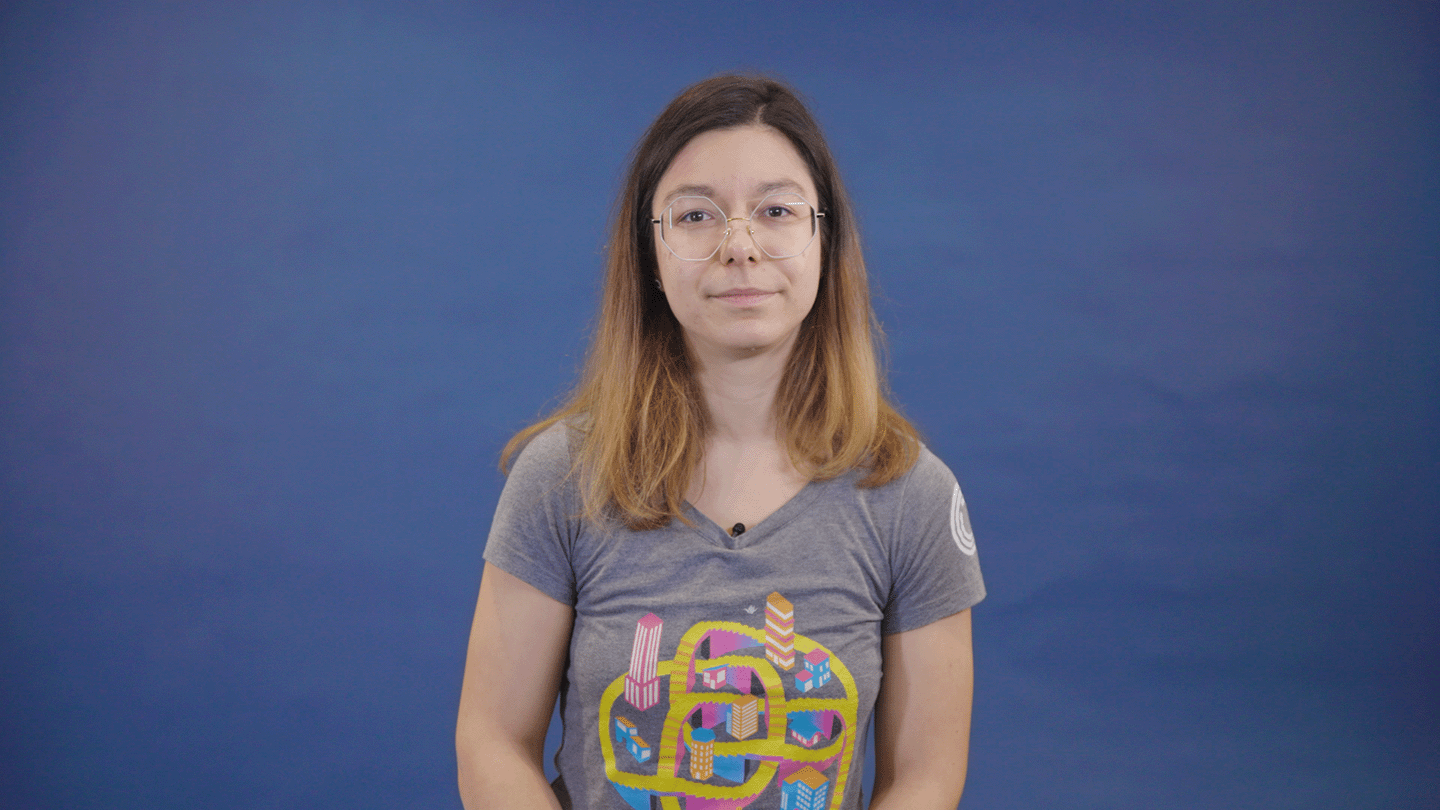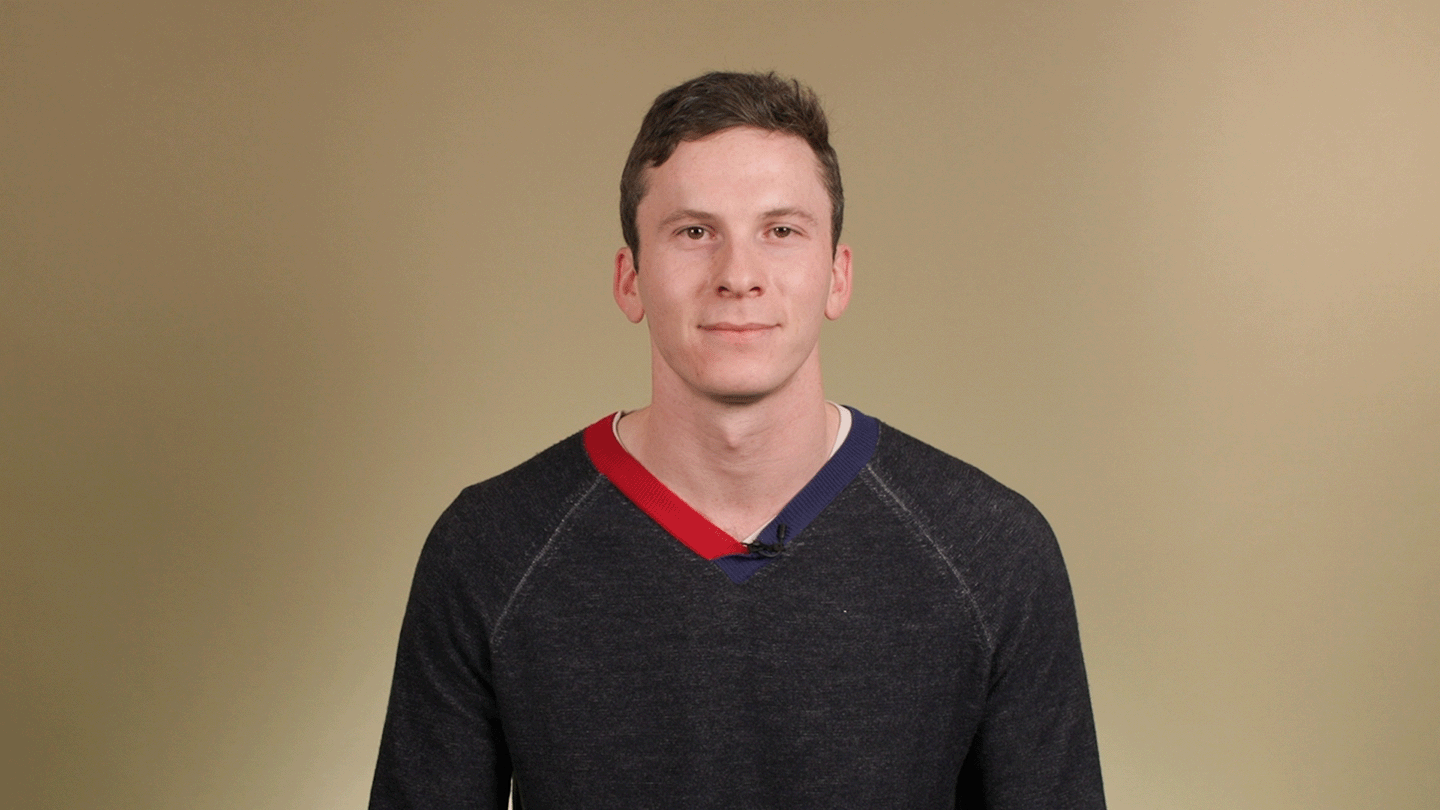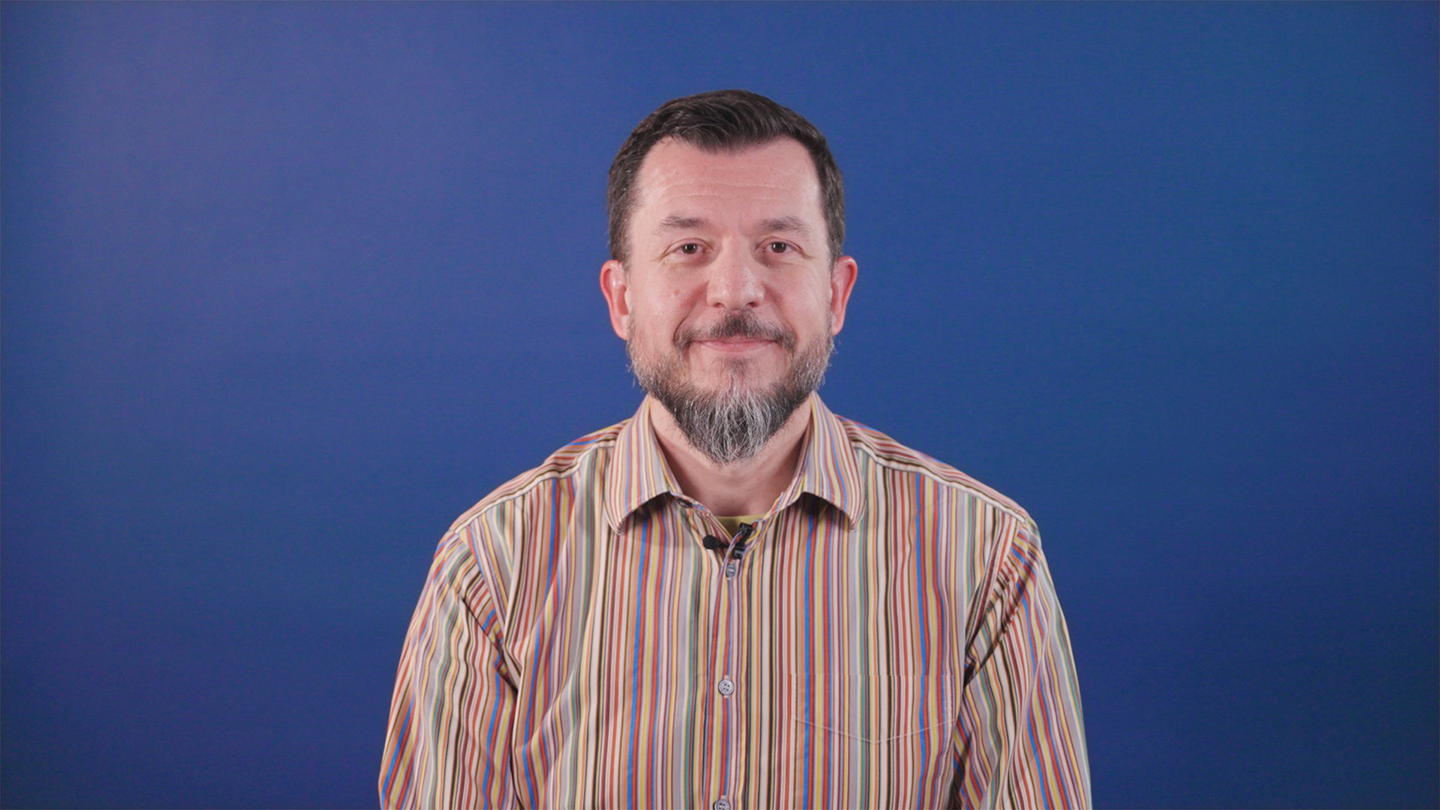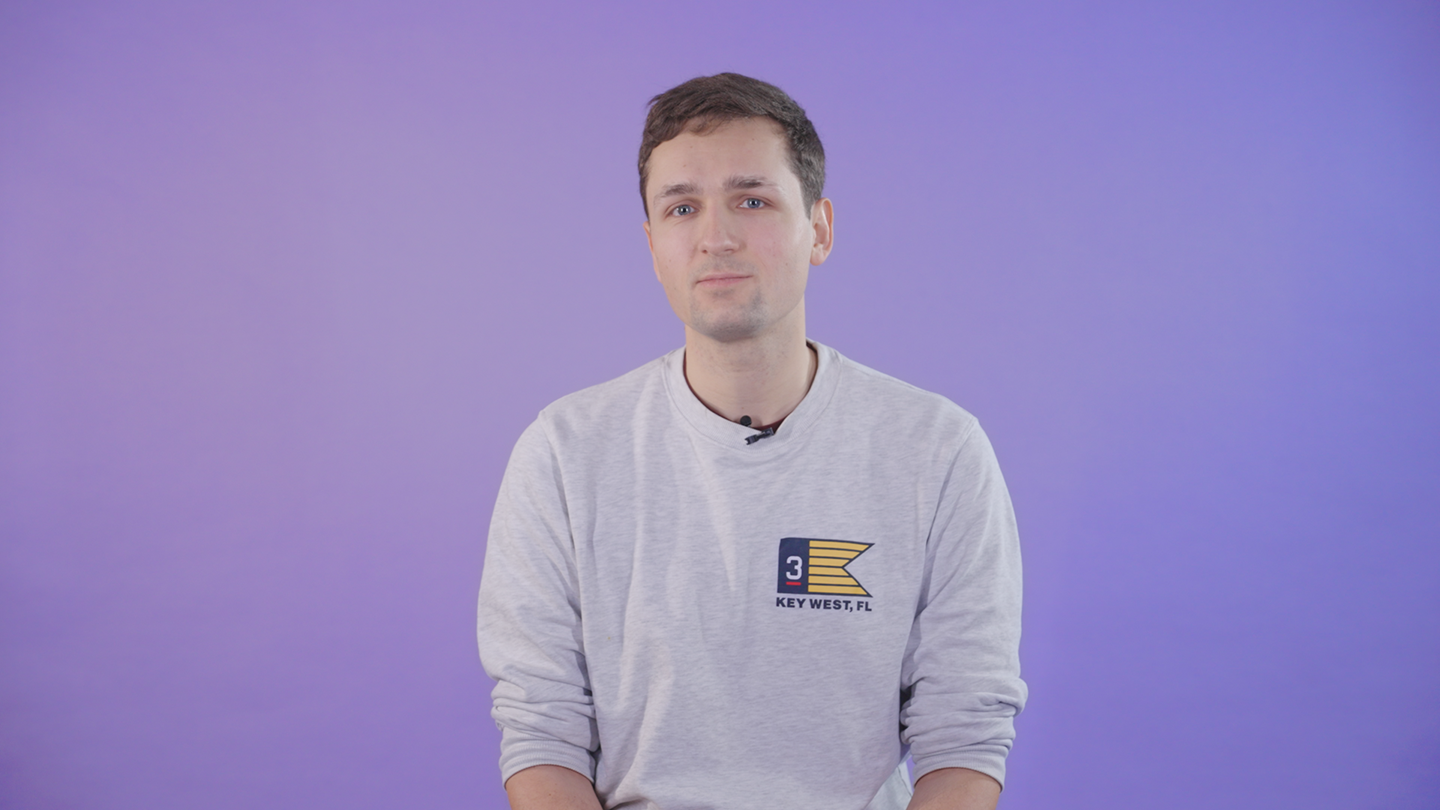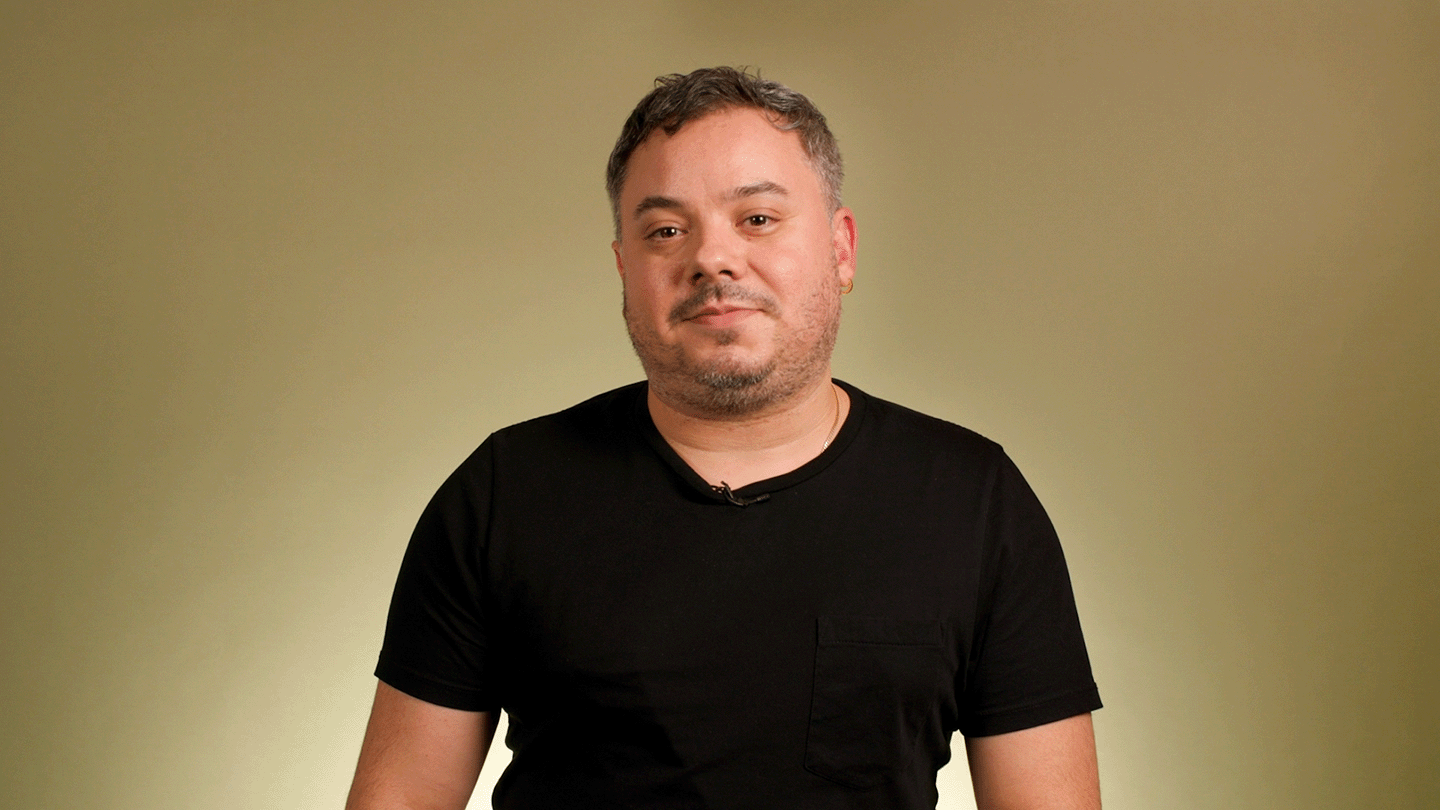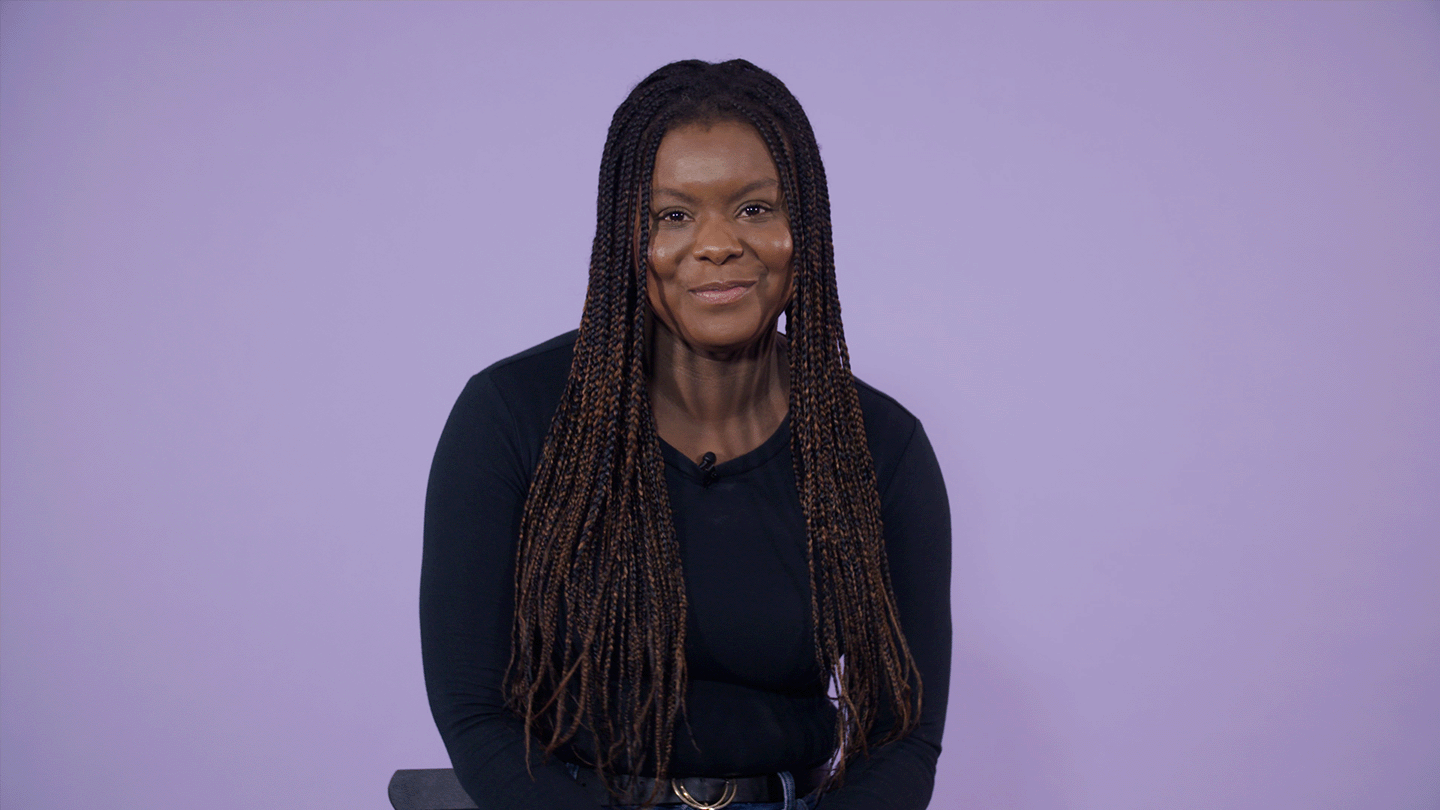Get to Know Us
Hear from Jane Streeters across departments and offices.
The people featured in these videos were excited to share what makes Jane Street a rewarding place to work. Whether in Trading & Research, HR & Recruiting, or Cybersecurity, everyone plays a key part in fostering our open and collaborative working culture.
While it’s hard to capture all the nuance of our firm in a series of short videos, we hope that they give you a real sense of who we are and what we do.
Transcript
GET TO KNOW US | JANE STREET
Hi, I’m Eliot. I’m a trader in the New York office, and I’ve been working here since 2018.
WHAT COURSEWORK HELPED PREPARE YOU FOR YOUR JOB AT JANE STREET?
So, I think everybody should take a class in like three disciplines. Statistics, computer science, and economics. I think statistics is just a really important tool for understanding how the world works, how to process the huge amount of data that’s available to everyone. Computer science is important because we use computers every day. It’s really important to be able to think about structuring large data, think about solving problems in an automated way. And I think it’s just impossible to do those things if you’re not comfortable, at least with a little bit of coding or kind of knowing what problems are solvable with computer science. And then economics, I think is really important for thinking about how the world works, or at least that’s the way that I think about how the world works. You know, you can really learn about how people make decisions in a kind of rational framework about what to do, what trades to make. And so I thought those classes really prepared me for Jane Street and also for life.
WHAT ARE THE TRADING INTERNSHIP ELECTIVES LIKE?
We’re always working on making the internship a better and more representative experience of what it’s like to work at Jane Street full time. So we’ve developed a few electives to try to give interns exposure to the different kinds of work that traders do here. The strategy elective, which involves a lot of classes and simulated trading scenarios, tries to get at what it’s like to be a trader who’s watching trading, thinking about our parameterization, or the kinds of trades that we want to do in response to real time market events. Some traders spend a lot of time writing automated trading systems and the algo elective tries to be more representative of what that kind of work is like. You’ll spend a lot of time working with a team of interns to write a trading bot that trades in a totally autonomous way in a simulated trading environment. Some traders spend more of their time doing research, and so in the modeling elective, you’ll learn about the kinds of machine learning techniques or other data analysis that we’re excited about through some workshops, some classes and also some opportunities to apply models to different data sets that we think are interesting. I’ve worked on a lot of different things in my career at Jane Street and a lot of them seem similar to these different electives. So I’m excited for interns to get a good sense of what the different kinds of cool things that traders get to work on here are like so that they can see what it would really be like to be a Jane Streeter.
WHAT TYPE OF TRAINING DO NEW TRADERS GO THROUGH?
Our new hire education is really great. I think in some ways it’s similar to the internship. We have a week of really intense, almost nonstop mock training to get people really prepared for their job as traders, where they’re going to be making real trading decisions that can kind of make or lose money. It’s kind of exciting. Another really great part of the new hire program is OCaml Boot Camp. Most traders write a lot of code, and a lot of that code is written in OCaml, which is the main language that we use for development at Jane Street. And most people don’t have experience writing OCaml before they get here, kind of for the first day of their job. So there’s a month where new hires get to kind of spend the whole month studying computer science, getting better at writing code. The third part of the new hire education program, which takes much longer, is a series of rotations over the first year or so where you’ll visit every desk at Jane Street and get a sense of what kinds of problems they’re working on, what kinds of ideas they think are exciting, what kinds of trading they’re doing. And I think that’s really great because it gives new hires a broad exposure to the kinds of things that Jane Street is working on. And I think that’s just a really great part of our culture that you get to see what the whole firm is thinking about. You’re not just concentrating on one area. You get kind of a broad exposure to everything that’s going on around the firm.
HOW IS WORKING AT JANE STREET DIFFERENT FROM WHAT YOU EXPECTED?
Well, I really had no idea what to expect before I started as an intern at Jane Street. I think the internships were very representative of what working at Jane Street was like. So in some sense, after I did two internships, I knew exactly what I was getting into. The thing I didn’t expect or the thing I didn’t know about Jane Street was how fun working at Jane Street would be. I find that every day I’m excited to come into work and sit down next to these amazing people who have really interesting ideas and work on really cool problems.
HOW WOULD YOU DESCRIBE JANE STREET’S CULTURE?
I think the most exciting thing about Jane Street’s culture is how collaborative people are here. I’m constantly finding myself working on problems and asking the people to my left and my right or across the firm, you know, “How do you think about this problem? How can I think about this problem in a better way? Do you have any good ideas?” I think this is really such a special and amazing thing that if you have a good idea and somebody else has a good idea at Jane Street, you’re sort of willing and comfortable and excited to share those ideas with each other. That’s kind of the culture. Like that’s what the point of Jane Street is, is sharing these ideas and seeing if we can kind of co-mingle our ideas and come up with something even better with an even better trading strategy.
WHAT IS YOUR FAVORITE THING ABOUT WORKING AT JANE STREET?
Well, I’m going to cheat and say two of my favorite things about working at Jane Street. The first is the people. I think maybe I had a little bit more reason to expect that I would like the people I knew, a few people who worked at Jane Street from math programs that I did when I was in high school and in college. But I really feel like every day I come to work and I just love working with my coworkers. It’s all of these people who are really my friends. The second thing that I really love about Jane Street are the problems. You get to work on really interesting things every day. And when I think about other jobs I could be doing or other places I could have ended up in life, I don’t think there’s a single one where I feel like I would have had the opportunity to work on such an exciting and diverse set of kind of math-y problems, the things that are exactly up my alley.
WHAT ADVICE WOULD YOU GIVE TO NEW HIRES?
I think the most important thing for new hires to do is to try to get to know a lot of people around Jane Street. It’s really awesome to know somebody who works on some problem that you want to understand. And so when you want to learn more about the kind of trading or the kind of tech solutions or the kinds of just ways of thinking that people around the firm are doing, it’s really great to be able to go to somebody, you know, and say, “Can you tell me about this?” Or, “Can you introduce me to somebody who can tell me about this?” And the earlier you do it, the longer you’ll have to feel connected to these people and over time build a long term lasting relationship with them as you work together over many years. So I think the most important thing to do is to try to expand the set of people that you know at Jane Street so that you can later expand the set of ideas that you know about.







